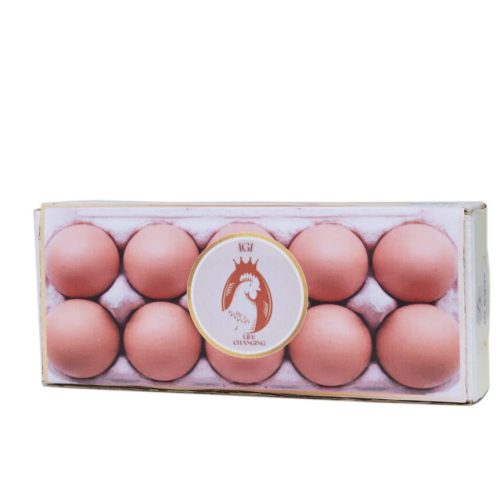Meet Phocas Twizeyimana, founder of Indakemwa Cook Stove, a company that manufactures kitchen supplies, stoves, ovens and cooking pots made locally in Rwanda.
In Rwanda, firewood accounts for at least 86% of energy consumption and is the primary cooking fuel for 98% of rural households. The distribution of fuel-efficient cookstoves reduces the amount of wood burning in households, which means less harmful smoke, less indoor air pollution, and fewer greenhouse gas emissions.
The stoves are designed and produced in-country, providing much-needed training and employment to the region and ensuring that they are tailored to the cooking needs of families. The stove is supplied at a highly-subsidised rate to ensure affordability for families unfamiliar with improved devices; in this way, Indakemwa Cook Stove hopes to kick-start demand for improved cooking technology across the country.
Higher efficiency leads to lower energy expenses
The efficient stoves reduce the amount of wood needed for cooking by up to 80%, which can significantly improve everyday life. This leaves households with more money for other important purposes such as education or better nutrition.
The design and construction of our cooking stoves makes them as easy and intuitive to use as traditional three stone fires. Compared to the latter, our Eco-stove uses 80% less wood to achieve the same performance. Replacing a charcoal stove with our Eco-stoves results in even higher wood savings because of the high amount of wood needed to produce charcoal (9kg of wood for 1kg of charcoal). Given the rising prices for charcoal due to high demand as well as rising production and transportation costs, Rwandan households can save substantially by using an Indakemwa Cook Stove.
The additional savings from the reduced need for wood enable households to cover other financial expenses. Subsidizes the stoves, so that low-income households in particular can afford our Eco-stove and thus become less dependent on price fluctuations on the wood market.








